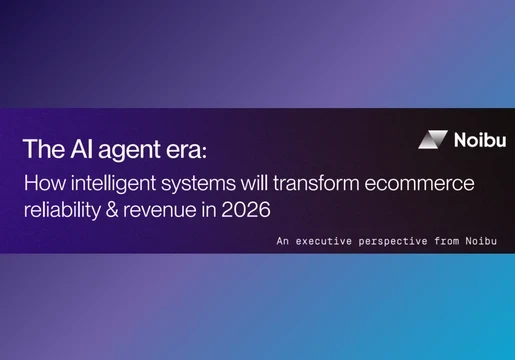At present, the enterprise telephony market is reportedly undergoing a transition as more companies adopt unified communications (UC). In addition, a whitepaper from RingCentral insists that workforces are becoming increasingly mobile and thus adopting highly integrated applications. As a result, more organisations are choosing to adopt integrated cloud apps in order to improve business communications. As more applications and communication infrastructure moves to the cloud, however, "we are at an ideal juncture to break down silos and enter a new era of business communications through seamless integration."

Communications move to the cloud
Over the past decade, there has been a "tremendous rate of adoption" of new, innovative types of communication. Businesses have thus seen an increase in emails, text messages, instant messages, Wi-Fi enabled calling, and video calls. Nevertheless, UC aims to organise this "arsenal of tools" and integrate fragmented modes into a single communication experience. In order to do so, more businesses are adopting integrated cloud apps as they ultimately "drive the complexity of implementing a UC solution into the hands of the service provider." In fact, RingCentral's 2015 survey found that over 50% of businesses projected to have some part of their UC apps in the cloud by 2016. Today, businesses can benefit from a broad choice of hosted options from a wide variety of sources.
The benefits of integrated cloud apps
According to RingCentral's enterprise surveys, improving response time and employee productivity are the top drivers for UC adoption. Organisations are now focusing on becoming more efficient and agile in order to stay ahead of their competitors. It is therefore integral that employees are able to use powerful tools in order to communicate more effectively. Nevertheless, it is evident that enterprises can take UC one step further by adopting integrated cloud apps. Above all, businesses clearly recognise the value of integrating communications and business applications. By bringing these two together, companies can benefit from greater workflow efficiencies, open up the number of communication touchpoints, and seize the opportunity to make rich data and insights more impactful.
Selecting a vendor for integrated cloud apps
"The cloud offers tangible benefits for enterprises for a variety of application requirements and UC needs," the report states. However, it is important that businesses locate a provider that best fits their requirements. In RingCentral's On-Premises Strategies and Vendor Leadership enterprise survey, respondents said that security was their top priority when selecting a cloud provider. Service and support was reportedly the third most important criteria. It is also crucial to evaluate which providers offer a good level of integration. As the report concludes, "each business needs to decide what it is comfortable undertaking and what needs to be plug and play."
How can we solve an exponentially growing problem? Listen to our podcast with international bestselling author and Disruptive Innovation thought leader Jim Harris for his invaluable insights







Comments ( 0 )